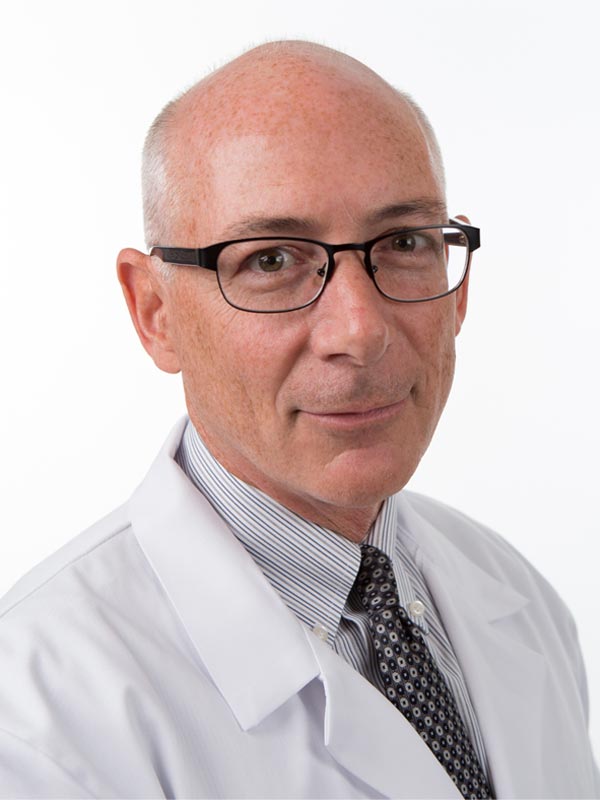 William N. Southern, M.D., M.S., S.F.H.M.
William N. Southern, M.D., M.S., S.F.H.M.
The Montefiore Einstein Hospitalist Program began in 2000 with three direct-care hospitalists. After two decades of growth and transformation, the Division of Hospital Medicine now boasts 105 full time teaching-hospitalists, direct-care hospitalists, emergency department hospitalists and nocturnists and 175 physician assistants, who provide clinical care on the inpatient services of Moses, Einstein, Wakefield, and Mount Vernon hospitals in the Montefiore Health System. Hospitalists serve the majority of ward-attending teaching months at Moses, Einstein, and Wakefield, and are the attendings of record for the majority of inpatients on the medical service.
The missions of the Montefiore Einstein Division of Hospital Medicine are to:
- Provide high-quality, state-of-the-art, efficient inpatient care
- Lead quality improvement for acute care and patient safety initiatives within the hospital
- Provide high-quality medical education and training for residents and medical students within the inpatient setting
- Generate new knowledge about the provision of acute care through clinical and health services research
We pursue these missions by investing heavily in our faculty. We meticulously recruit and retain the best physicians in the area. In addition, we offer the environment and support needed so that our faculty can pursue academic careers in the areas that sustain our missions including education, quality, research, and hospital administration. Hospitalists in our Division who have developed their careers beyond clinical care have gone on to become deans, program directors, medical directors, division chiefs and vice-chairs. Our Division’s success is synonymous with the success of our faculty.
The growth of Montefiore Einstein’s hospitalist program has mirrored the growth of the field nationally. Over the past 25 years, practicing hospitalists have grown from just a few hundred to over 50,000. For comparison, there are approximately 20,000 cardiologists and approximately 12,000 gastroenterologists in the U.S. The American Board of Internal Medicine now allows hospitalists to maintain customized certification through the Focused Practice in Hospital Medicine program. It is projected that the numbers will continue to grow and that hospital medicine will eventually have a separate specialty board certification.
When admitted to the hospital, patients do not see the physician they have come to know through outpatient visits. When introducing myself to a newly admitted patient, I always take this issue head on. "I know I am an unfamiliar face to you. The downside is that you are just meeting me. The upside is that I am here all day, so if you need to talk to me, or your medical situation changes and I need to respond quickly, I’m right here." My experience has been that patients and their families understand this trade-off and think it is well worth it.
Hospitalists tend to have long discussions with patients and their families, typically several times per day for days in a row, often when the patient and family are in a time of crisis. Internists are drawn to the field because of the strong bonds that form with patients. Published reports consistently show high patient satisfaction with the hospitalist model.
The leadership in the Division of Hospital Medicine at Montefiore Einstein has purposefully designed a home for inpatient physicians and PAs to offer the highest standard of inpatient care, and to support professional growth and the development of careers in hospital medicine.
William N. Southern, M.D., M.S., S.F.H.M.
Chief, Division of Hospital Medicine
Professor of Medicine